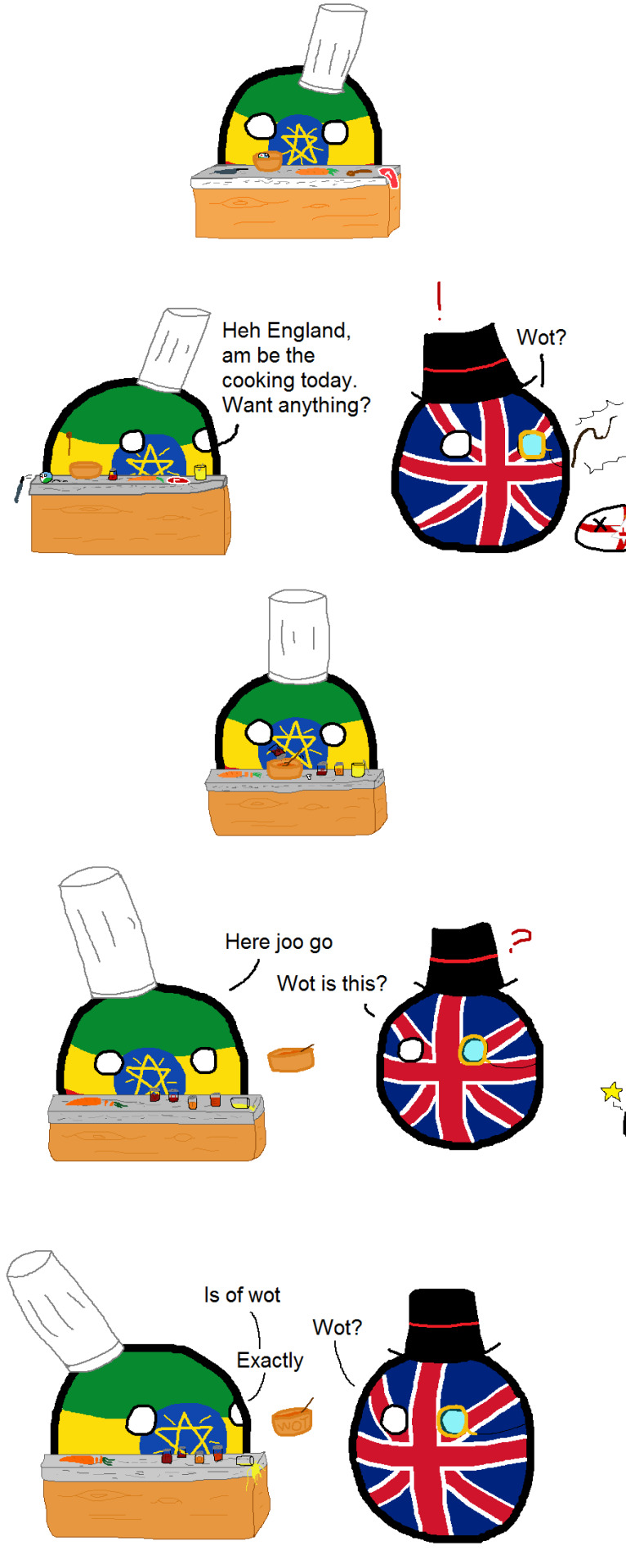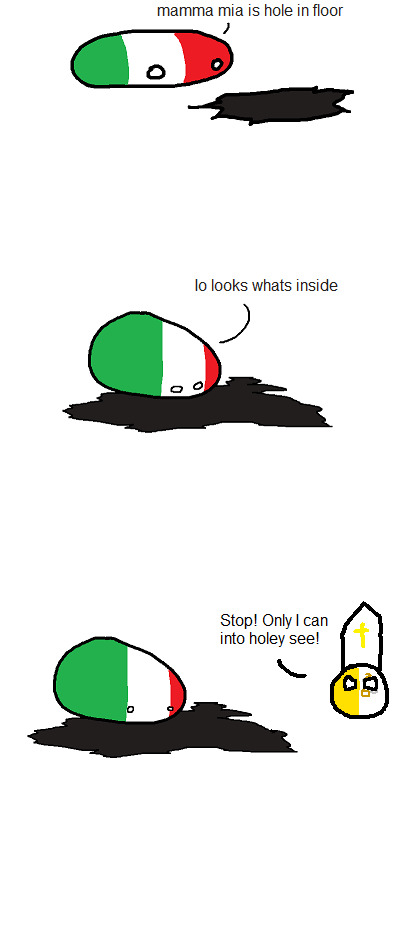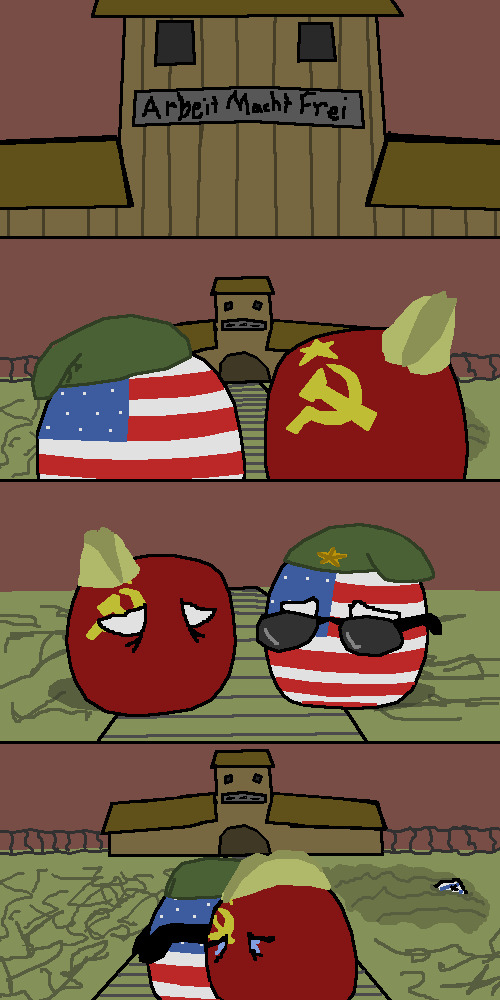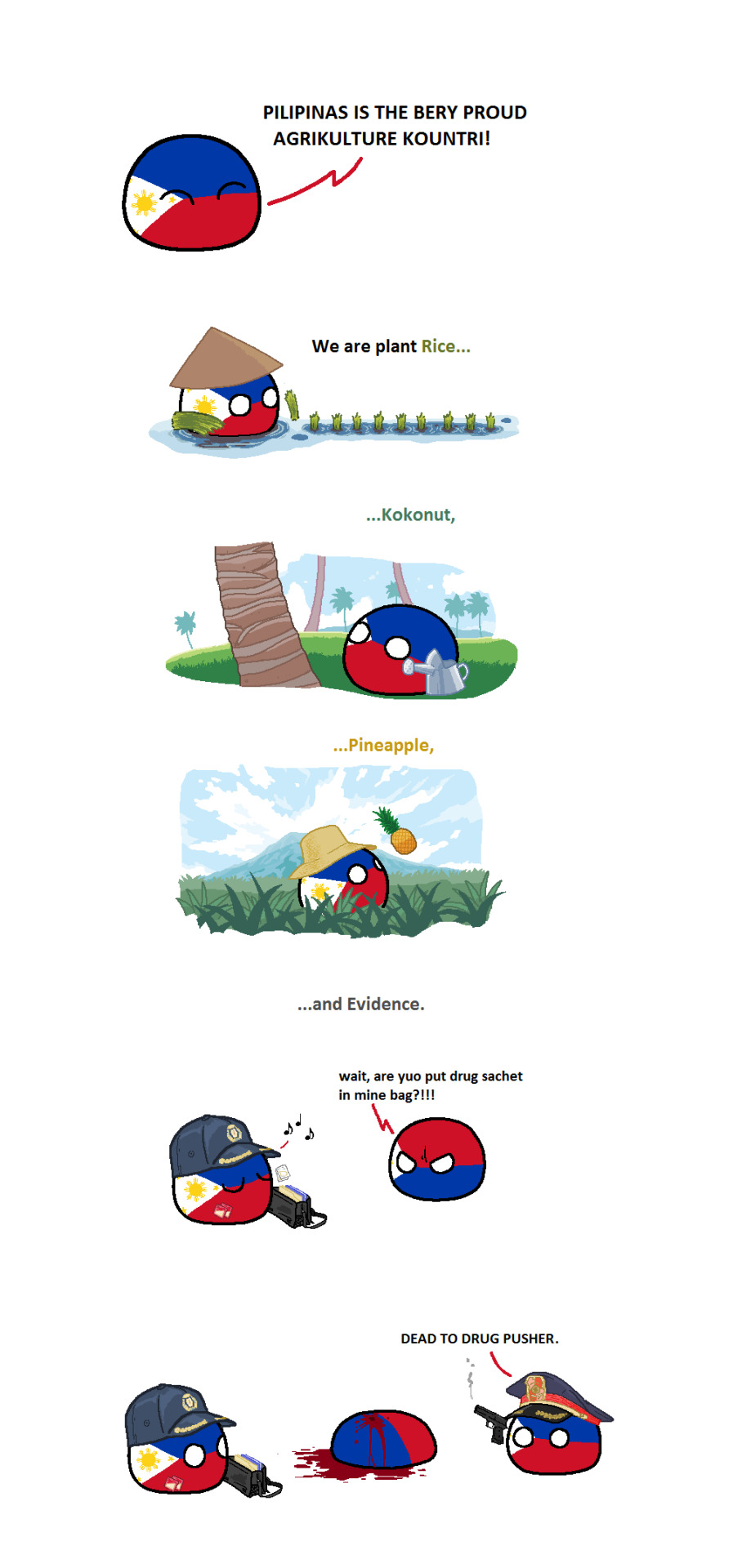Text
Yo yeeto
Tú yeetas
Él/Ella/Usted yeeta
Nosotros yeetamos
Vosotros yeetáis
Ustedes yeetan
je yeet
tu yeetes
il/elle/on yeet
nous yeetons
vous yeetez
ils/elles yeetent
85K notes
·
View notes
Photo
Ooh solid roast
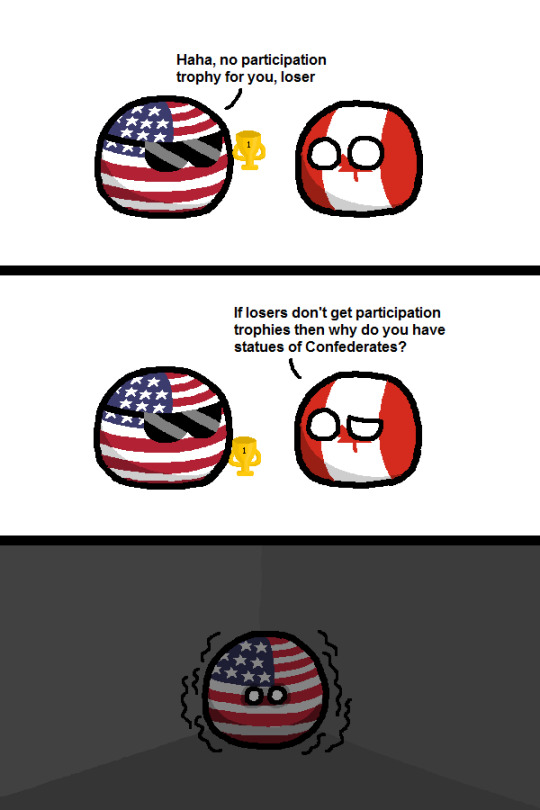
The Dilemma
via reddit
160 notes
·
View notes
Note
¡Ay, gracias! Me ayudó mucho. I’ve never been good at subjunctive tense. Like if you can relate
is there a sort of cheat sheet of when to use each spanish tense?
There’s not a hard and fast cheat sheet exactly, and it’s easier to understand in context and with examples but I’ll go over what I can as quickly as I can.
This is going to be very informal and possibly have some typos so bear with me.
I did a bigger post on all of this for my masterpost if you want to see a really longer and more in-depth version with more sources and posts
First, moods. Because the linguistic moods encompass different tenses and you sort of have to know them.
Indicative
Indicative is honestly… so hard to describe. Because it’s really just anything that isn’t subjunctive or imperative. It’s used as basic statements that are clear and contain no doubt [subjunctive], and they’re not commands [imperative]. The indicative mood contains the majority of all the tenses you’re going to learn in Spanish. Some of these tenses are easier to understand than others.
Honestly, just think of indicative as not subjunctive and not imperative. Its characteristics are so hard to point at like “there! that’s what it is!” so it’s easier to say what it isn’t.
Anyway, here are all the tenses that show up in indicative.
Present
Preterite
Imperfect
Future
Conditional
The Perfect Tenses*Present perfectPluperfectFuture perfectConditional perfect
*Perfect tenses are as indicative as you want them to be, more on that later
Subjunctive
The subjunctive mood is used most often with the idea of doubt. That’s not all it is, but it’s doubt, subjective opinions, polite requests, contrary to fact statements, hypothetical situations.
The subjunctive is easiest to understand when it uses a compound sentence, with one subject acting on the other. For example quiero ir “I want to go” is indicative because it’s what one person wants themselves to do.
Subjunctive in its easiest to understand form is something like quiero que vayas “I want you to go” where it’s one subject acting on the other.
Subjunctive is also used in expressions like “wherever”, “whatever”, “whoever”, “whenever”, “even though”, and can sometimes be used with the words cuando and si and aunque which are a little iffy.
There are certain phrases that are subjunctive as well, but that’s a bigger thing.
Present subjunctive
Imperfect subjunctive
Future subjunctive [now obsolete, mostly]
Imperative
Probably the easiest mood to understand. Imperative is used for commands. Affirmative ones are “do it”, negative ones are “don’t do it”.
There does exist an imperative-subjunctive hybrid known as “indirect commands” which are politer than a rough command would be. Subjunctive does polite requests where straight up imperative can sound forceful or brusque. Instead of saying something like habla “speak”, you could say que hables which is “speak” but in a politer way and can sometimes be translated as “may” like… que sean felices “may they be happy”
Affirmative commands
Negative commands
It’s so easy to understand what imperative mood is that I’m going to leave it here like this and talk about everything else instead. Affirmative and negative commands are really easy to understand.
1. Present Tense
I don’t even know how to properly explain present tense because it’s just so… present tense. It’s things that exist in the present as statements, basic facts, pretty much the same as English present tense. “I am”, “you are”, “they go”, “we see”, the most basic of the basic and it implies there is no change in them as far as it’s not happening in the past, and we’re not really discussing future.
Present tense for Spanish gets a little iffier in that it can also be used for “continuous present” and that means that the present tense can be used alongside or in place of the progressive forms.
Like nado “I’m swimming” can be used interchangeably with estoy nadando “I’m swimming”. The only real difference is that the progressive forms (-ando, -iendo, sometimes -yendo) can be used in different tenses [estaba nadando “I was swimming”] but it depends on the verb of motion… it expresses continuous motion or movement regardless.
And there are times when present tense is used for short-term future. Like voy a Italia “I’m going to Italy” is implied to be the near future while iré a Italia “I will go to Italy” in future tense expresses more long-term plans.
2. Preterite
The preterite tense [sometimes known as “simple past”] is best understood as completed actions that happened in the past that are uninterrupted. They are used for how things were in a particular moment, and is most often used in definite time phrases where you see a date or time or particular “moment” mapped out. Preterite can be a little clinical if used just by itself, but it’s best for definite facts.
3. Imperfect
The term “imperfect” means an action that is not yet completed. It’s something that was happening before something happened. You use it for narration and description, but there are certain expressions that you only use imperfect for.
For example, imperfect can carry the meaning of “used to (do something)” and that doesn’t exist in preterite. Whether you use imperfect or soler in imperfect, it’s the same general idea… iba al cine “I was going to the movies / I used to go to the movies” and solía ir al cine “I used to go to the movies” are things preterite does not express.
Another common one is that when you’re talking about time in the past I’m pretty sure it’s always imperfect; era la una “it was 1 o’clock”, eran las dos “it was 2 o’clock” etc.
Imperfect can be used for interruptions [interruptions are usually preterite] where… iba al cine cuando empezó a llover “I was going to the movies when it started to rain”. Multiple imperfect tenses mean it’s an uninterrupted narrative, iba al cine, estaba lloviendo, eran las dos y decidí almorzar antes “I was going to the movies, it was raining, it was 2 o’clock, and I decided to eat lunch before”
You run into some iffy territory with expressions like the weather or tener expressions, where usually it would be tenía hambre “I was hungry” but then maybe eran las dos y tuve hambre “it was 2 o’clock and I was feeling hungry (at that time)”.
Same thing with weather, hacía frío “it was cold” and then hizo mucho frío ayer “it was really cold yesterday”
A lot of people struggle with imperfect and preterite but together they’re the past tenses.
4. Future
The future tense is pretty self-explanatory, things happening in the future or the faraway future. It does get translated as “shall” in some contexts, so the Ten Commandments for example take future tense no matarás “thou shalt not kill”.
5. Conditional
You use this for a future where it’s not exactly certain but you’re more certain than uncertain. It’s not used by all people all the time, and in some places conditional isn’t used at all. But you see it used mostly with imperfect subjunctive, or an implied one.
It would be something like… no lo haría (si lo supiera) “I wouldn’t have done it (if I had known)”
Conditional requires that something happen before it can happen, so it’s something like a sure hypothetical. Like an “if I were in that position, I would feel this way”
When not used with imperfect subjunctive, it gets used most often with poder and deber in the sense of podría “might (do something)” and debería “should (do something)”
6. The Perfect Tenses
Using haber you can make things “perfect”. If the “imperfect” tense is things that have not been completed, “perfect” is things that have been.
This is like… “I have done”, “I have seen”, “I have gotten”… and it requires some conjugation of haber along with a past participle.
It can exist in indicative or subjunctive, but not imperative. You might see he visto “I’ve seen” or espero que hayas visto “I hope you’ve seen”.
haber is the same thing when you say hay “there is/there are”, or había “there was/there were”
Side Note: haber does conjugate to the preterite tense… hube, hubiste, hubo, hubieron, hubimos but you’re not likely to see it. You might see it used was “there was/were” but rarely.
The difference is that había is more common, and hubo is drastic and only shows up in the event of an emergency so you see it more in news reports.
Like… había lluvia “there was rain” is normal… hubo lluvia “there was rain” makes it sound like a really strong downpour just messed you up. You would normally see it as hubo un accidente “there was an accident”, hubo un terremoto “there was an earthquake”, hubo un diluvio “there was a flood”… not really the everyday kind of thing.
Present subjunctive
Subjunctive happening in the present. These are things like polite requests, doubts, subjective emotions that are happening in the present. These aren’t so clearly defined as I’m putting them, but they help as far as examples.
Polite request: quiero que pongas la mesa “I want you to set the table”
Doubt: dudo que llueva “I doubt it will rain”, no creo que llueva “I don’t believe it will rain”, no pienso que llueva “I don’t think it will rain”, no estoy seguro/a (de) que llueva “I’m not sure if it’ll rain”
Subjective emotions: es importante que vengas “it’s important you come”, es probable que vengas “you’ll probably come”, me alegro (de) que te guste “I’m glad you like it”, me molesta que no me escuchen “it annoys me that they don’t listen”, no me importa lo que digan “I don’t care what they say”
You also get the “whatever”, “whenever” things I mentioned like haz lo que quieras “do whatever you want”
Imperfect subjunctive
You can pretty much divide this into subjunctive in the past and subjunctive in the future. The past is pretty much like present subjunctive just… in the past.
Note: There are 2 forms of imperfect subjunctive. That did mean something in the past, but today it’s really up to you which form you use. Latin America favors the endings of -ara/-iera, Spain prefers -ase/-iese
Again, in older stuff it does mean something different if you see llamara as opposed to llamase, but today not always.
Requests: quería que pusieras la mesa “I wanted you to set the table”, me exigieron que dijera algo “they demanded that I say something”
Doubt: no estaba seguro/a (de) que lloviera “I wasn’t sure it would rain”
Subjective emotions: era muy improbable (de) que estuviera aquí "it was really unlikely that he/she would be here”
You get into murkier water with hypothetical situations and contrary to fact statements which tend to show up with conditional. These are most like when English says “was” and “were” like “even if it was” or “if I were”.
Hypothetical situations:
no se despertaría aunque cayera una bomba “he/she wouldn’t wake up even if a bomb fell”
Contrary to fact statements:
si fuera rico/a, viajaría “if I were rich, I would travel”
Future subjunctive
Honestly don’t worry about future subjunctive so much. It only really shows up now in older works or in contracts as si fuere menester “in the event of”. It’s not impossible to see it, but it’s something you see more in older things and is largely obsolete now… it looks like imperfect subjunctive, just with -e endings
Almost all of its functions were given to the imperfect subjunctive which is why it gets used for subjunctive in the past and future
Conjugation Cheat Sheet
Present subjunctive and imperative forms (a lot of time; there are exceptions and irregularities) take their forms from present tense yo forms. Irregularities on the yo form usually exist there too.
Imperfect subjunctive and future subjunctive forms take their conjugational forms from preterite tense 3rd person (for the most part)
Future (indicative) tense and conditional (for the most part with some very notable exceptions) will be the infinitive form just with an accented ending and have the fewest irregular forms of pretty much any tense… hablar goes to… hablaré and hablaría etc.
1K notes
·
View notes
Photo
Is that a low-key bill wurtz reference on the sewing machine?????
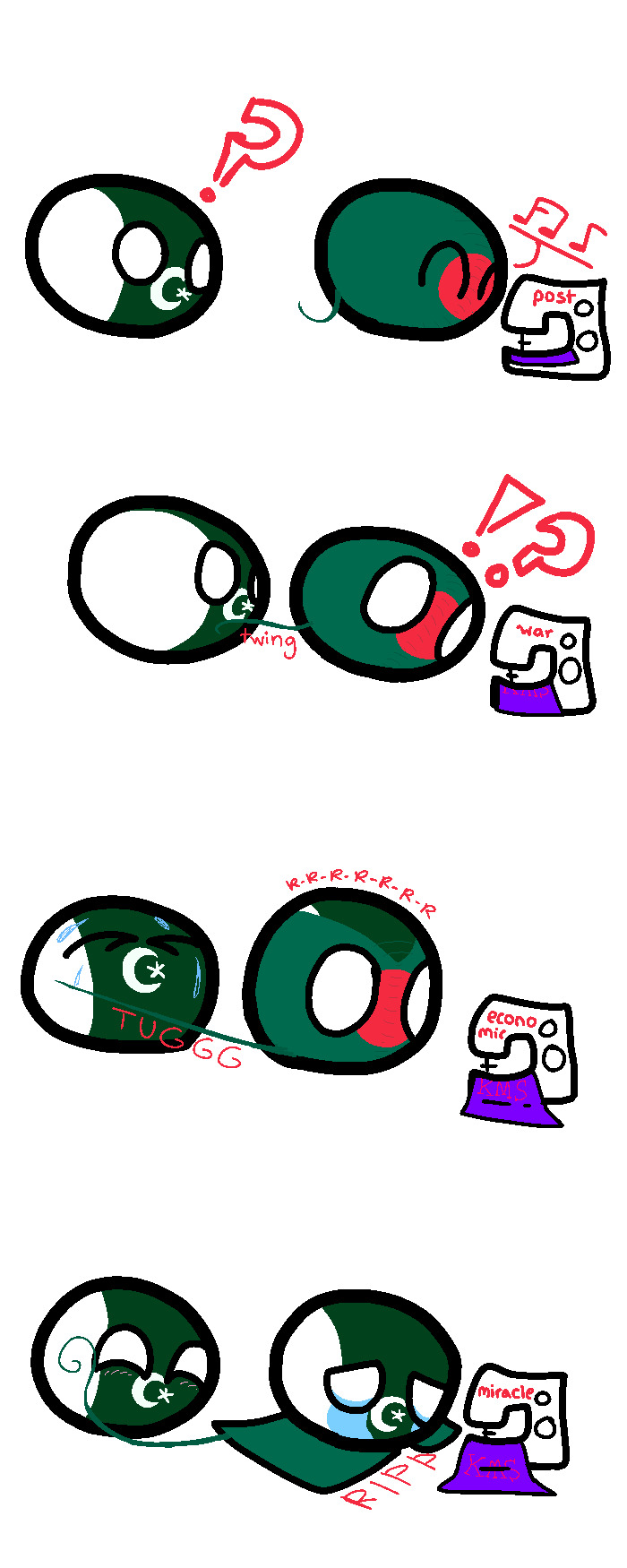
Fabricated
23 notes
·
View notes
Photo
Pues, al menos esta confederación tiene un mar con o sin Chile lol
Lo siento Bolivia
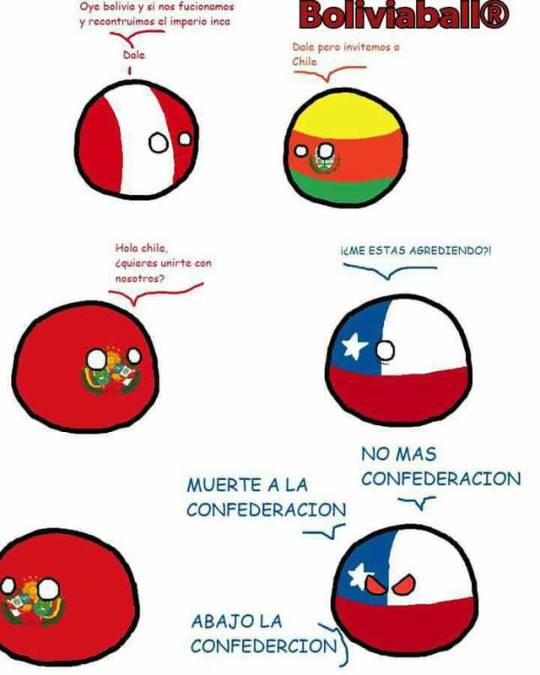
Este chilote >:c
15 notes
·
View notes
Photo

Not countryballs but I’d figure I would jump on the “floor is lava” train
22 notes
·
View notes
Photo
Check out my sister EU4 blog! I just finished a campaign!

Hey guys! It’s been a while. However, I have finished my first campaign! As Münster and eventually Germany (I formed it in 1746), I managed to create this empire. Tell me what you think!
Also, a quick shoutout to Dovska for his tutorial and template!
18 notes
·
View notes
Text
Yes
Dropping ‘есть’
47lightyears says:
I was always taught that you could drop the verb when you were using an adjective, as well.
The meaning changes when you drop a verb when using an adjective:
У меня есть красная машина. = I have a red car. (simply stating the possession)
У меня красная машина. = My car is red. (not silver or white).
In English, the syntax is different. In Russian, two sentences are syntactically identical, but the lack of the verb changes the meaning.
223 notes
·
View notes
Note
Omg Monstercat what is this my life is complete
Got the Monstercat prompt: Billy A8 with his sax, Clinton C8 with double bass, Richard B8 with mic, and J-Burg D12 with DJ booth :D

Suppress the rebellion through ~Smooth Jazz~
51 notes
·
View notes
